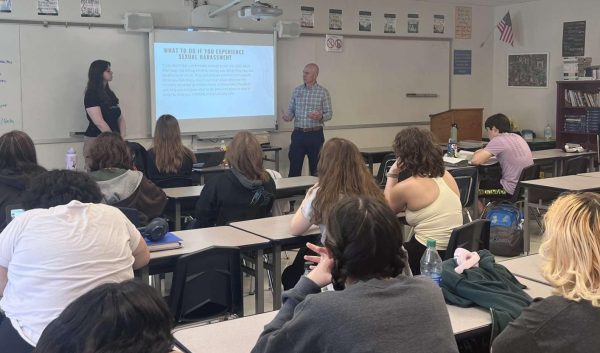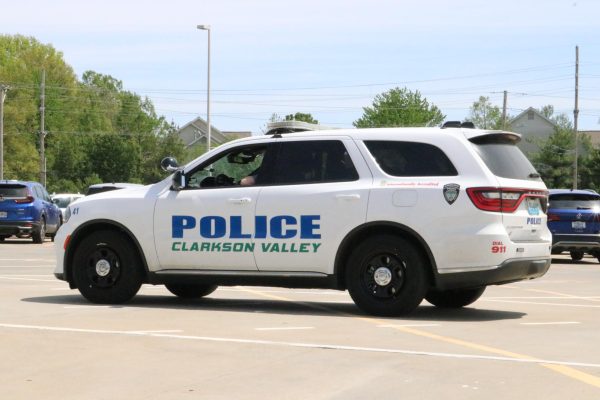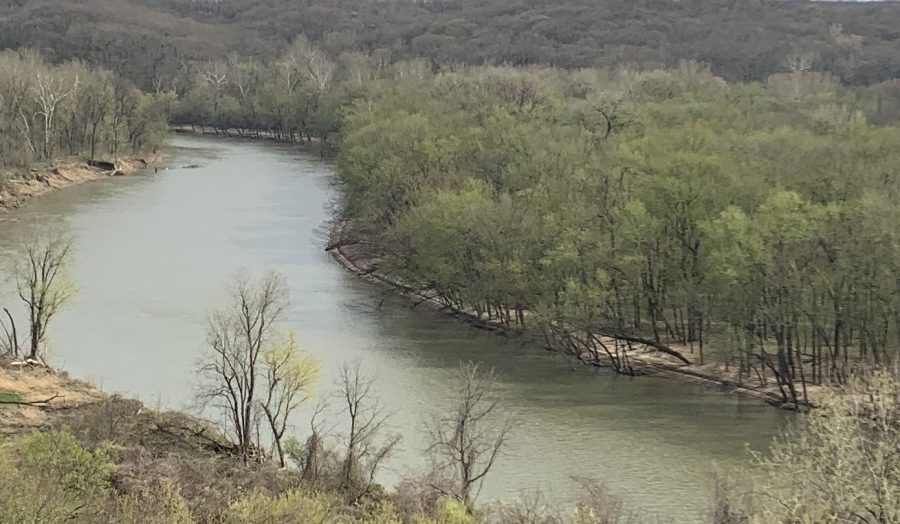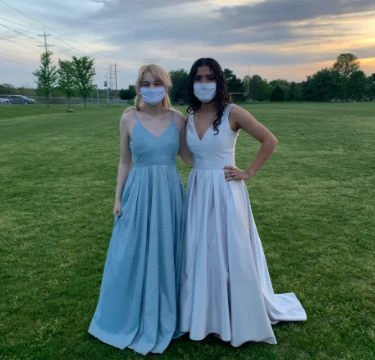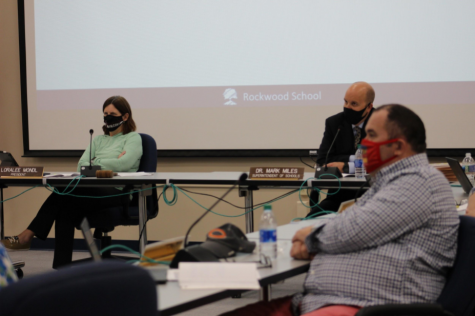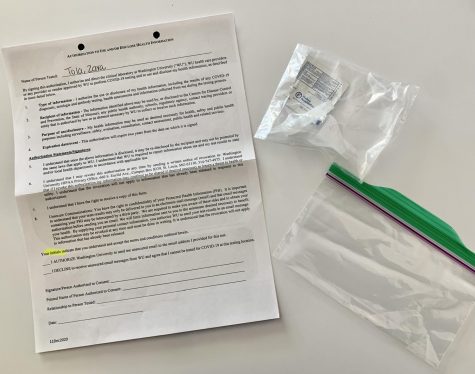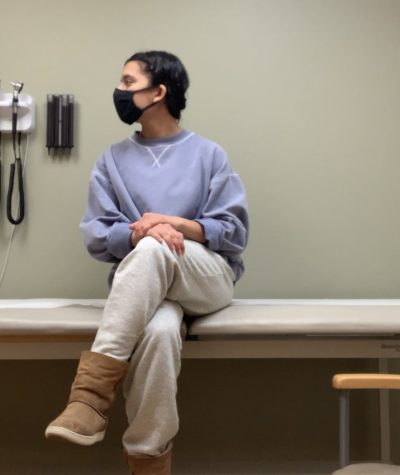COVID-19 Pandemic Brings Environmental Concerns to Attention
Media by Zara Tola
Castlewood State Park, in Ballwin, Mo.
As medical experts dig into the details of the COVID-19 outbreak, a clear correlation between the degrading environment and the severity of illness has been made.
In a Harvard press conference on climate change and health on Wednesday, April 8, medical experts explained that neglecting to take care of the environment has made the risk of pandemics, like COVID-19, greater.
Dr. Aaron Berstein, interim director of Harvard C-CHANGE, an organization dedicated to combating climate change, spoke about the consequences of climate change on health.
“You dig into the causes of what happened here, you immediately land on the reality that these emerging infections are coming from wildlife into people,” Dr. Berstein said. “Fundamentally the prevention we need to do is to focus on how we do business with the biosphere.”
Dr. Berstein attributed human intervention with the environment, which has caused a loss of biodiversity and habitats through deforestation to climate change. Dr. Berstein said some estimates say deforestation makes up 10 to 20 percent of the carbon pollution problem alone.
In fact, Dr. Berstein added that with deforestation, people must interact with the wilderness, which also puts them at risk for contracting pathogens and consequently spread them into mainstream society. He also said the loss of habitat increases the chance for wildlife to spill over into society spreading dangerous pathogens.
But the effects of climate change aren’t just in the future. They’re happening right now with the COVID-19 pandemic.
“The air pollution in the United States is increasing the odds that people are dying from this disease,” Dr. Berstein said.
Dr. Berstein said small amounts of air pollution, as small as one microgram per meter cubed, have shown to adversely affect health in studies.
“Very small increments of air pollution increased mortality rates by 15 percent and that’s accounting for whether you’re rich or poor, sick or healthy, or have access to hospitals or not.”
Dr. Caleb Dresser, climate and human health fellow at Harvard C-CHANGE, said both the COVID-19 pandemic and the climate change process have enormous health impacts that occur in a nonlinear pattern.
“If you were looking at those growth curves for the COVID-19 infection, if you wait until the point at which you are seeing lots and lots of impact around you, you have waited too long to take preventive steps,” Dr. Dresser said. “I think climate change is a very similar situation.”
Dr. Dresser said he can see more organizations, leaders and individuals taking early action on disasters in the future, as long as the action is based on well-researched scientific projections.
“We can see where the trend line is going, but it’s sometimes difficult to communicate to everyone what it will look like when we get to a specific spot on that graph and that understanding is part of what motivates people to take action,” Dr. Dresser said.
As for combating climate change locally, the green clubs at MHS, Eco Team and Treehugger’s Club, feel there is still much to be done.
“Overall education about recycling is lacking at Marquette,” Junior Elise Ambler, president of Eco Team, said. “Teachers should also give more options to do things online in the classroom rather than on paper so that students aren’t wasteful with their paper usage.”
Ambler said people should be taking the time to look into the products they are buying and seeing if they are biodegradable or recyclable, in addition to researching how to help the environment.
“Nobody has the excuse that there isn’t enough time because now there is plenty of time to be mindful,” Ambler said.
Junior Kate Krogen, co-president of Treehugger’s Club, said while there has been a decrease in carbon emissions during the quarantine, we should continue to be more sustainable and environmentally friendly through small lifestyle changes.
“The environment will likely regress after quarantine because some stimulus initiatives may focus fully on the economy and disregard the environment,” Krogen said. “We can combat this by remembering that the earth is our home, and when it is healthy and safe, so are we.”
Your donation will support the student journalists of Marquette High School. Your contribution will allow us to purchase equipment and cover our annual website hosting costs. You may become a PATRON by making a donation at one of these levels: White/$30, Green/$50, Blue/$100. Patron names will be published in the print newsmagazine, on the website and once per quarter on our social media accounts.
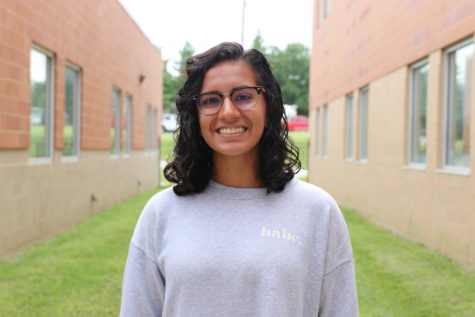
Zara Tola, senior, is copy editor for the Marquette Messenger. Zara can be seen frequently attending Board of Education meetings and community events for...



